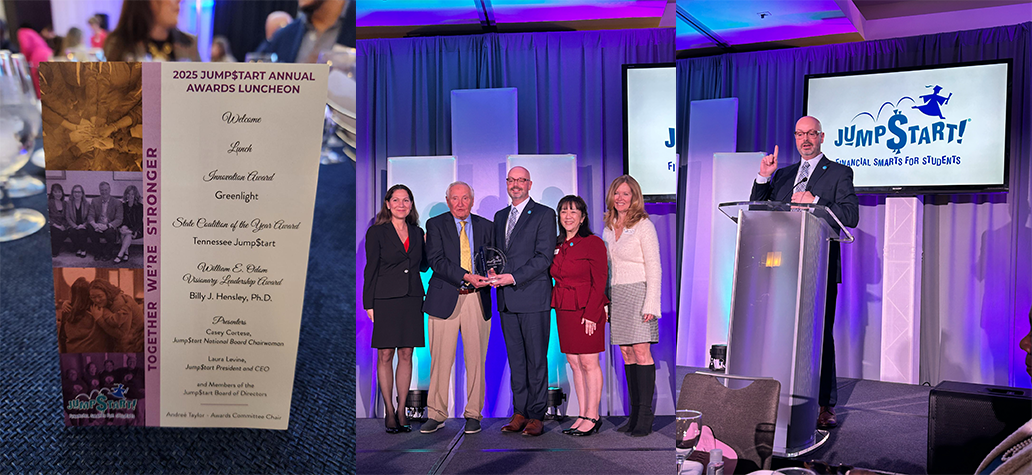DENVER—The National Endowment for Financial Education® (NEFE®)released the results of its annual opinion poll on the financial well-being of U.S. adults. The new data provides general differences in respondents’ views of their current financial well-being compared to their outlook for the future, exhibited by 68% of respondents saying the current quality of their financial life is what they expected or better (“what they expected”: 46%; “better than expected”: 22%), while 69% state they are at least somewhat concerned that their money will last (“concerned”: 35%; “somewhat concerned”: 34%).
“It is important that our community consistently gauge U.S. adults’ sentiments of financial well-being, especially as our field promotes the importance of financial education access, quality and impact. These results not only serve as a barometer for how equitable and effective our work is, but also identify where educators, researchers, policymakers and advocates must pivot their efforts to leverage more meaningful and lasting outcomes."
Billy Hensley, Ph.D., president and CEO of NEFE
The latest opinion poll from NEFE, conducted by AmeriSpeak in January 2024, used questions from the Consumer Financial Protection Bureau's financial well-being scaleto identify respondents' feelings about their financial outlook. Here are the results of the overall data:
- When asked to rate the current quality of their financial life, 46% of respondents say it is about what they expected it to be, 31% say it is worse than expected and 22% say it is better than they expected it to be.
- When asked about being concerned that their money will last, similar proportions of respondents say they are concerned (35%) and somewhat concerned (34%), while fewer report that they aren’t concerned (29%).
- When asked about feelings that they will never have the things they want in life because of money, 46% of respondents disagree with the statement, while 25% agree with the statement and 28% say the statement somewhat describes them.
- When asked whether they are “just getting by” financially, 36% of respondents do not feel that way, compared to 35% saying the statement somewhat describes them and 27% saying the statement does describe their situation.
- When asked about having money left over at the end of the month, 39% of respondents say that they do, 27% say they sometimes do and 33% say they rarely do.
- When asked whether finances control their life, 38% of respondents say finances sometimes control their life, 33% say this is rarely or never true and 27% say it is always or often true.
A breakdown of key demographic data from the poll (sex, age, household income and educational attainment) is available in the poll summary document. In addition, NEFE has collected data on these same questions in previous years, a summary of which can be found on NEFE’s poll page.
“With this year’s results in hand, we have collected enough data over the past several years to offer robust analyses on how responses to these questions have evolved, which will allow us to identify trends for researcher and policymaker communities to utilize,” says Joshua Caraballo, Psy.D., NEFE’s managing director of Research.
Financial well-being will be one of several themes explored during NEFE's Financial Education Innovation and Impact Summit, being held Oct. 8-10 in Denver.
For more on NEFE polling, visit the NEFE website.
Full Methodology
This nationally representative sample included 1,222 adults aged 18 and older. Funded and operated by the National Opinion Research Center (NORC) at the University of Chicago, AmeriSpeak® is a probability-based panel designed to be representative of the U.S. household population. These sampled households are contacted by U.S. mail, telephone and field interviewers (face-to-face). The panel provides sample coverage of approximately 97% of the U.S. household population. While most AmeriSpeak households participate in surveys by web, non-internet households can participate in AmeriSpeak surveys by telephone. Households without conventional internet access but having web access via smartphones are allowed to participate in AmeriSpeak surveys by web.

